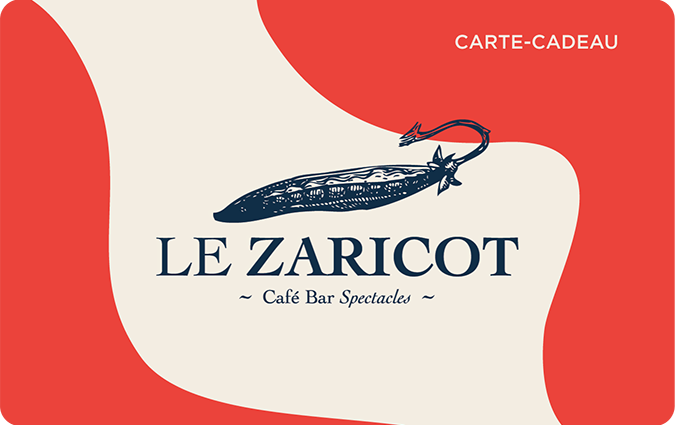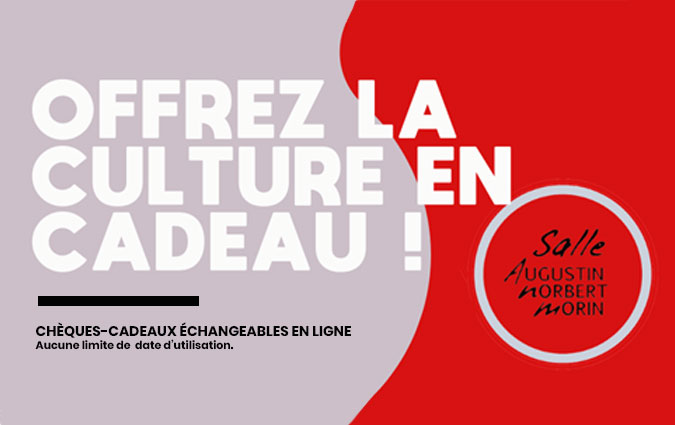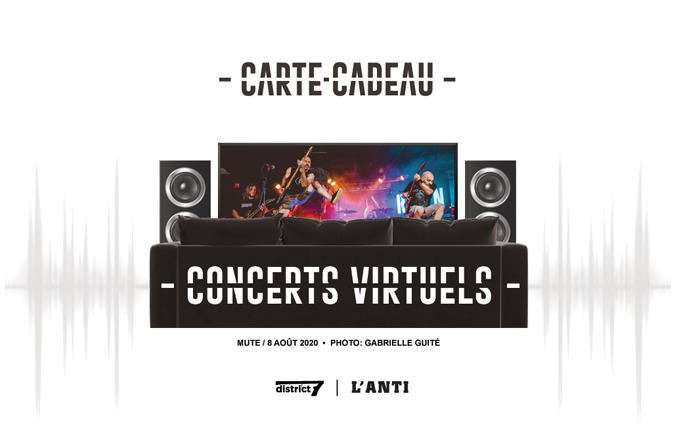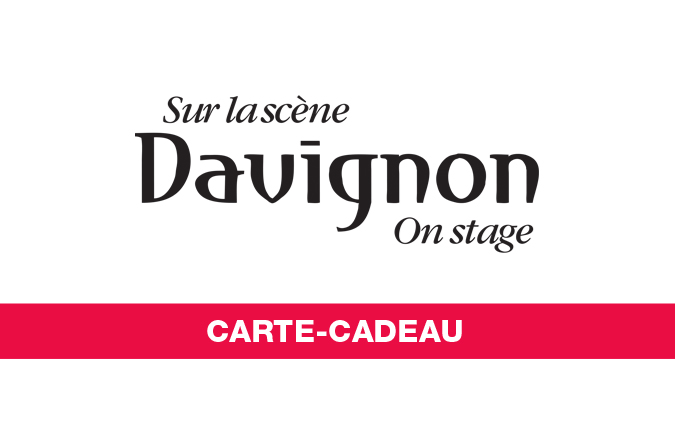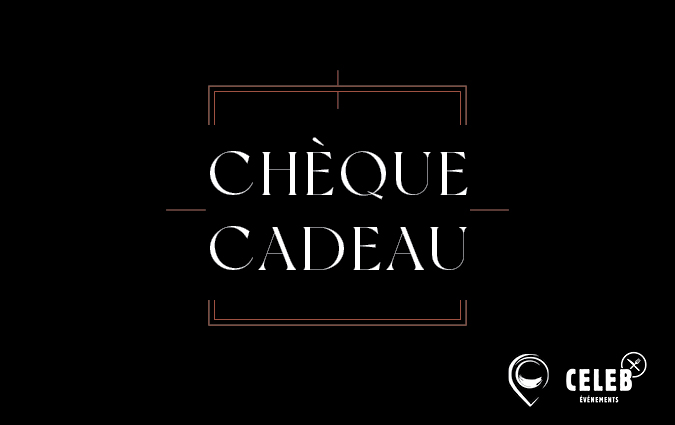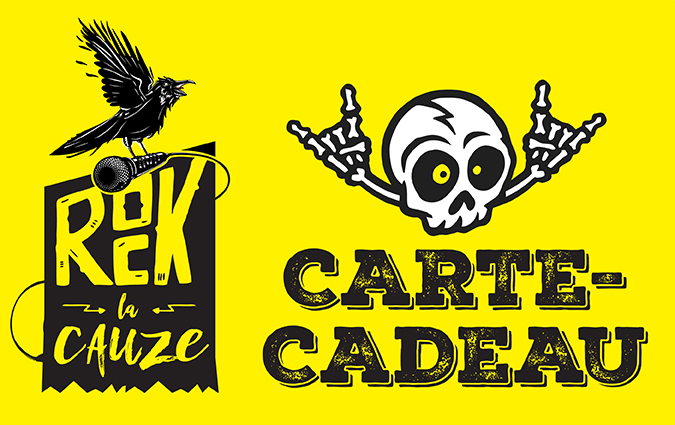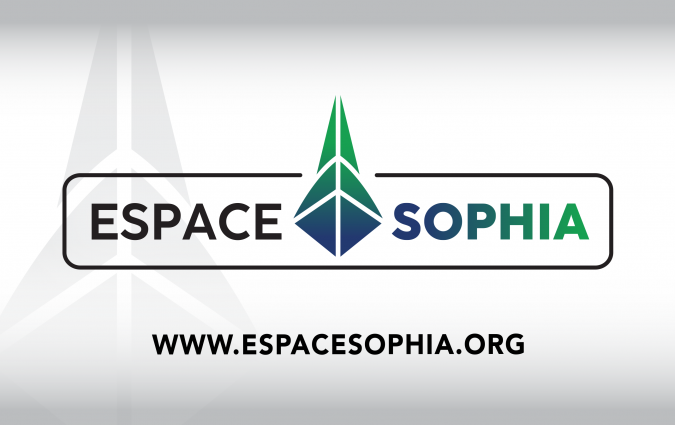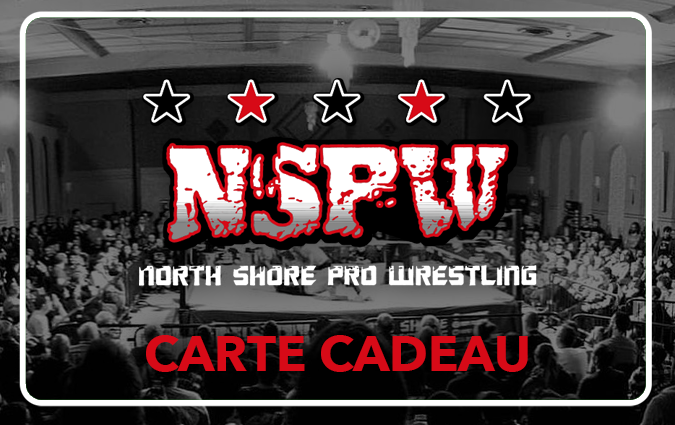
Il faut absolument être moderne • Webdiffusion | Online
-
April 19th 20227:30 pm – 11:45 pm / Doors: 7:00 pm
-
April 21st 202212:00 am – 11:45 pm
-
May 18th 202212:00 am – 11:45 pm
Share this event
For more info about this event, please contact the event organizer, Galileo, at info@orchestregalileo.com.
Buy Tickets
Entrée à 19h. Diffusion en direct à partir de 19h30 jusqu'à la fin du concert puis en différé du 21 avril au 18 mai 2022.
«Il faut absolument être moderne», dont le titre reprend la phrase du poète Arthur Rimbaud, s’attache à souligner le cheminement de la musique occidentale vers l’atonalité, un élément de langage marquant les débuts du 20ème siècle, le mardi 19 avril 2021, à l’Église Saint-Michel de Vaudreuil-Dorion.
Galileo compte cette soirée-là aborder de manière historiquement informée des œuvres et compositeurs phares qui illustrent la notion de modernité en musique: Ludwig van Beethoven et sa Grande fugue, op. 133, Richard Wagner et Siegfried Idyll, WWV 103, Arnold Schœnberg et sa seconde Symphonie de chambre, op. 38 et finalement Anton Webern et ses Cinq pièces pour orchestre, op. 5.
Entre la Grande fugue, écrite en 1825, et les Cinq pièces op.5, datant de 1911, s’écoulent 86 années durant lesquelles s’opère l'une des révolutions langagières les plus marquantes de l’histoire de la musique occidentale, l’atonalité, presque totalement établie chez Webern au moment où il couche son opus 5 sur papier mais déjà en germe chez Beethoven.
Galileo désire guider son public sur ce chemin évolutif exceptionnel par l'entremise de compositeurs et de morceaux significatifs à cet égard
Effectifs: 27 musiciens, un chef | Concert hybride
***
Entry at 7 p.m. Live broadcast from 7:30 p.m. until the end of the concert then postponed from April 21th to May 18th, 2022.
"Il faut absolument être modern" whose title takes up the phrase of the poet Arthur Rimbaud, endeavors to underline the progress of Western music towards atonality, an element of language marking the beginnings of the 20th century, on Tuesday April 19 2021, at Église Saint-Michel in Vaudreuil-Dorion.
Galileo intends that evening to address in a historically informed way the key works and composers who illustrate the notion of modernity in music: Ludwig van Beethoven and his Great Fugue, Op. 133, Richard Wagner and Siegfried Idyll, WWV 103, Arnold Schoenberg and his Second Chamber Symphony, Op. 38 and finally Anton Webern and his Five Pieces for Orchestra, Op. 5.
Between the Great Fugue, written in 1825, and the Five Pieces Op.5, dating from 1911, elapsed 86 years during which one of the most significant language revolutions in the history of Western music took place, the tonality, almost totally established with Webern when he puts his opus 5 down on paper but already in germ with Beethoven.
Galileo wishes to guide its audience on this exceptional evolutionary path through composers and pieces that are significant in this regard.
Staff: 27 musicians, a conductor | Concert is both live and online.
- Exchanges
- Until the event starts
Entrée à 19h. Diffusion en direct à partir de 19h30 jusqu'à la fin du concert puis en différé du 21 avril au 18 mai 2022.
«Il faut absolument être moderne», dont le titre reprend la phrase du poète Arthur Rimbaud, s’attache à souligner le cheminement de la musique occidentale vers l’atonalité, un élément de langage marquant les débuts du 20ème siècle, le mardi 19 avril 2021, à l’Église Saint-Michel de Vaudreuil-Dorion.
Galileo compte cette soirée-là aborder de manière historiquement informée des œuvres et compositeurs phares qui illustrent la notion de modernité en musique: Ludwig van Beethoven et sa Grande fugue, op. 133, Richard Wagner et Siegfried Idyll, WWV 103, Arnold Schœnberg et sa seconde Symphonie de chambre, op. 38 et finalement Anton Webern et ses Cinq pièces pour orchestre, op. 5.
Entre la Grande fugue, écrite en 1825, et les Cinq pièces op.5, datant de 1911, s’écoulent 86 années durant lesquelles s’opère l'une des révolutions langagières les plus marquantes de l’histoire de la musique occidentale, l’atonalité, presque totalement établie chez Webern au moment où il couche son opus 5 sur papier mais déjà en germe chez Beethoven.
Galileo désire guider son public sur ce chemin évolutif exceptionnel par l'entremise de compositeurs et de morceaux significatifs à cet égard
Effectifs: 27 musiciens, un chef | Concert hybride
***
Entry at 7 p.m. Live broadcast from 7:30 p.m. until the end of the concert then postponed from April 21th to May 18th, 2022.
"Il faut absolument être modern" whose title takes up the phrase of the poet Arthur Rimbaud, endeavors to underline the progress of Western music towards atonality, an element of language marking the beginnings of the 20th century, on Tuesday April 19 2021, at Église Saint-Michel in Vaudreuil-Dorion.
Galileo intends that evening to address in a historically informed way the key works and composers who illustrate the notion of modernity in music: Ludwig van Beethoven and his Great Fugue, Op. 133, Richard Wagner and Siegfried Idyll, WWV 103, Arnold Schoenberg and his Second Chamber Symphony, Op. 38 and finally Anton Webern and his Five Pieces for Orchestra, Op. 5.
Between the Great Fugue, written in 1825, and the Five Pieces Op.5, dating from 1911, elapsed 86 years during which one of the most significant language revolutions in the history of Western music took place, the tonality, almost totally established with Webern when he puts his opus 5 down on paper but already in germ with Beethoven.
Galileo wishes to guide its audience on this exceptional evolutionary path through composers and pieces that are significant in this regard.
Staff: 27 musicians, a conductor | Concert is both live and online.
- Exchanges
- Until the event starts



